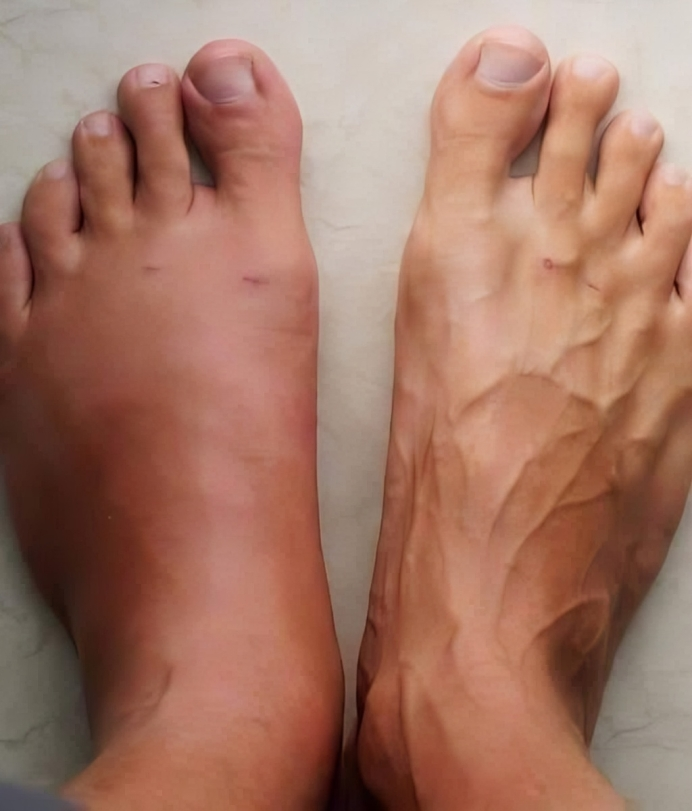
In today’s fast-paced world, many people are juggling busy schedules, leading to increased stress. This can result in more serious health problems, with poor diet, especially fast food, playing a major role. Many Americans struggle to maintain a healthy weight, and obesity is a widespread issue. One of the serious consequences of these factors is heart failure or a heart attack, which is the leading cause of death in America.
Research suggests that the body can warn us before a heart attack occurs, showing certain symptoms that we should pay attention to. Here are some signs that could indicate a heart attack is on the way:
Fatigue Extreme tiredness, lack of energy, or feeling too exhausted to do even simple tasks can be a sign of fatigue. This can happen when less blood reaches the heart due to narrowed arteries. Fatigue is often a warning that something is wrong with your heart.

Shortness of Breath Difficulty breathing can occur when your lungs aren’t getting enough oxygen. If you or someone you know feels short of breath, it’s important to see a doctor, as this could be a sign of an upcoming heart attack.
Weakness Sudden weakness without a clear cause might be your body’s way of telling you to slow down and rethink your lifestyle choices. This can be a warning signal for heart issues.
Dizziness and Cold Sweats Both dizziness and cold sweats are linked to poor circulation, which should not be ignored. These symptoms can indicate heart problems.
Flu or Cold-like Symptoms Many people who have had a heart attack report feeling flu-like symptoms in the days leading up to the attack. This is another sign that should be taken seriously.

Chest Pressure A feeling of pressure in the chest that gets worse over time is a common symptom of a heart attack. If you experience this, seek medical attention immediately.

Swollen Feet If your heart is struggling to pump blood effectively, it can cause fluid to build up in your feet, ankles, or legs, leading to swelling. This could be a sign of heart failure.
If you’re concerned about heart health, Dr. Travis Stork discusses these symptoms in more detail in the video below.
